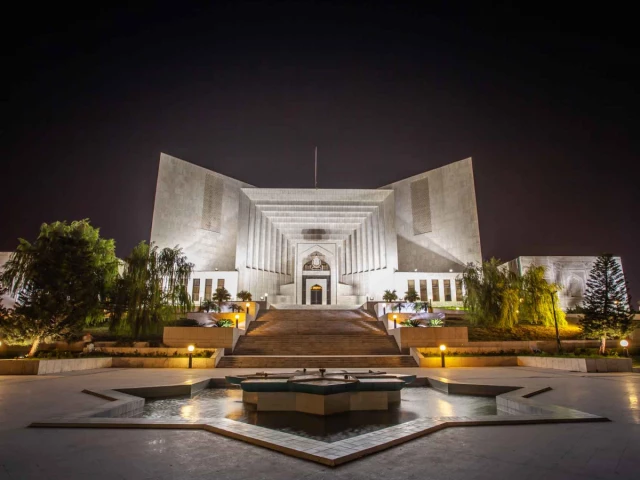ISLAMABAD:
The Supreme Court has ruled that cruelty within marriage is not limited to physical violence but also includes psychological, verbal and emotional abuse, as well as behavior that makes it impossible for a woman to live with dignity and safety in her home.
In a detailed 17-page judgment written by Justice Ayesha Malik, the court overturned the verdicts of the Peshawar High Court (PHC) and the family court, ruling that a court cannot grant khula without the consent of the woman, adding that psychological abuse in a marital relationship is as serious as physical violence.
The court further held that second marriage of a husband without the consent of the first wife constitutes a valid ground for dissolution of the marriage.
The judgment urged courts to use careful and respectful language when approaching cases involving women and clarified that while parliament did not rigidly define the term “cruelty” in law, it provided examples to guide courts.
“These examples are not exhaustive but illustrative,” the court observed, noting that judges are empowered to recognize different forms of cruelty and dispense justice accordingly.
The court explained that cruelty extends beyond physical harm to conduct that inflicts mental or emotional pain and makes it impossible for a woman to live in her marital home with respect and peace.
The Supreme Court further observed that courts have consistently recognized cruelty as conduct not limited to physical violence, adding that it may consist of separate acts which, although apparently unrelated, cause harm cumulatively and make continued cohabitation unbearable for the wife.
Cruelty can consist of any behavior that causes a woman distress, hopelessness, or loss of trust. If the effects are serious and make married life impossible, it is considered cruelty, the court ruled.
The ruling also referenced international law, stating that the International Covenant on Civil and Political Rights (ICCPR) prohibits “torture or cruel, inhuman or degrading treatment” and that the UN Human Rights Committee has extended these protections to cases involving domestic abuse in marriage to ensure justice and protection for victims.
The SC noted that acts of cruelty must be assessed keeping in mind the social context, personalities and practical realities of married life.
He cautioned that family courts should not apply criminal standards of proof to such cases, as the issue is not whether a crime has been proven beyond a reasonable doubt, but whether the conduct complained of makes it unreasonable to expect a wife to continue in that relationship.
Emphasizing that cruelty was a subjective measure, the court said it should be assessed based on the impact on the woman affected and not by rigid legal classifications or technical evidentiary rules.
The sentence also details that cruelty can manifest itself as physical abuse, such as slaps, beatings or assaults.
Psychological cruelty such as humiliation, verbal abuse, or false accusations of infidelity; emotional cruelty due to negligence or indifference; or oppressive domestic environments where the husband tolerates or encourages hostility or coercion by in-laws, the ruling noted.
The SC accepted the woman’s appeal and declared the previous decisions of the family court and appellate court, as well as the May 2024 order of the PHC, to the extent of khula, mehr and maintenance, null and void.
He held that the marriage was dissolved by the second marriage of the husband and therefore the wife was not liable to return her mehr.
The petitioner’s lawyer had argued that the family and appellate courts had ignored his client’s statements and evidence, granting her khula without her consent and depriving her of her mehr.
The family court concluded that the husband never paid the mehr and considered it as a renunciation instead of the khula.
However, the Supreme Court ruled that such conclusions were legally erroneous and reaffirmed that cruelty must be judged in light of each woman’s experience within her marriage.




